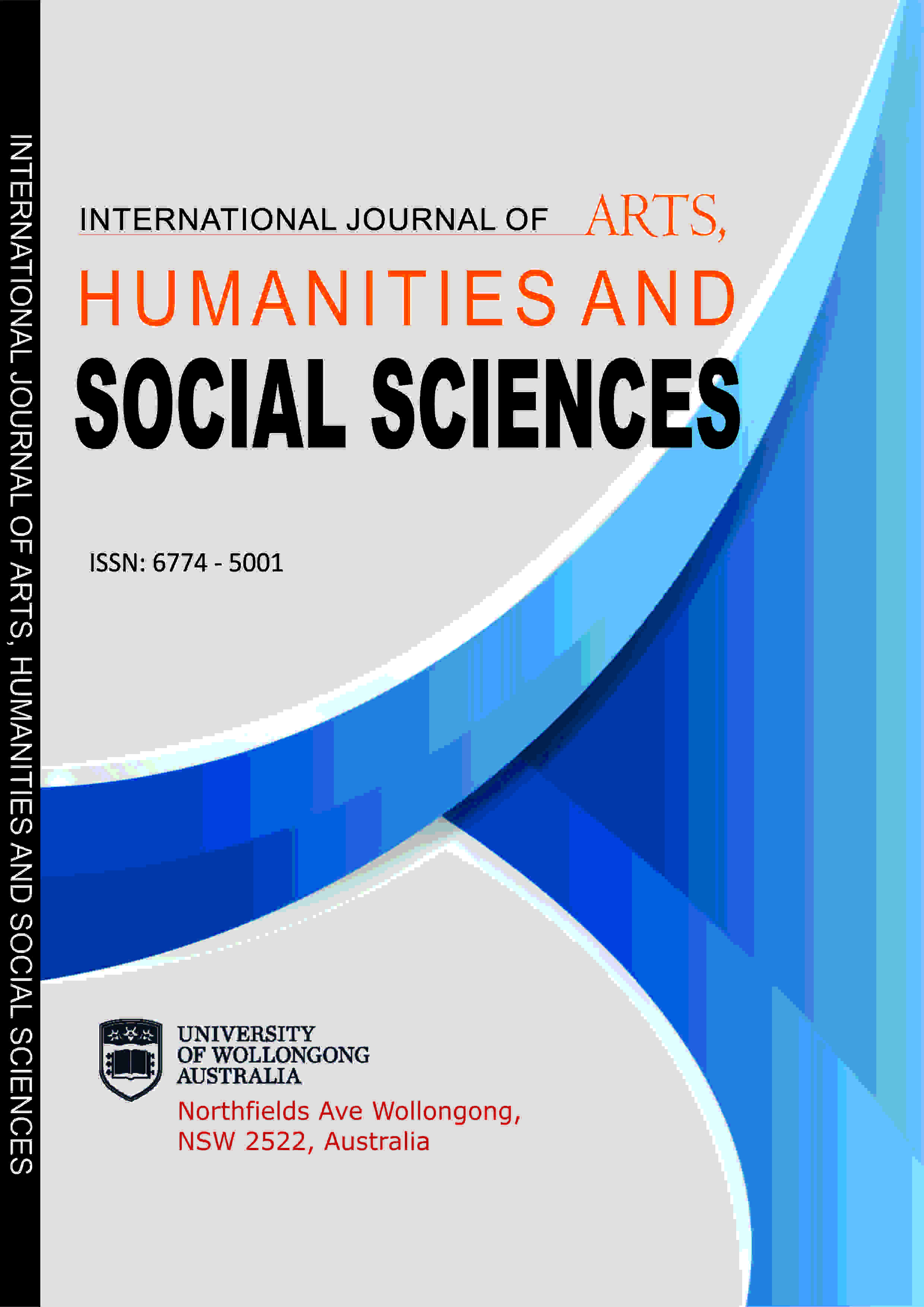INTERNATIONAL JOURNAL OF ARTS, HUMANITIES AND SOCIAL SCIENCES (IJAHSS)
NOTES ON ARTISTIC PRACTICE
E-ISSN: 2579-048X
P-ISSN: 6774-5001
DOI: https://iigdpublishers.com/article/49
The term ‘practice’ is used in a loose way in art theory. Using the example of the German artist Fritz Rahmann the text elaborates crucial aspects of artistic practice, taken as ‘bundles’ of different actions: clusters of similar actions, sequencing the clusters, exploring the dialogue with materials, relating them to mental models, ascribing them to social groups. In artistic practice the artwork loses its autonomy and the artist’s role as author is relativized. The approach opens a perspective on an art world that lost its overarching framework in globalization.
Stephan Schmidt Wulffen
Geels, Frank, (2005). Technological Transitions and System Innovation. A Co-Evolutionary and Socio-
Technical Analysis, Cheltenham,, UK/Northampton/MA.
Heidegger, (1950). Martin, Der Ursprung des Kunstwerkes, in: Holzwege, Frankfurt. S. 1-72
Kaprow, Allan, (1994). Essays on the Blurring of Art and Life, edited by Jeff Kelley, Berkeley, Los
Angeles, London 1993 Keller, Rudi, Sprachwandel, München.
Kubler, George, (1962). The Shape of Time. Remarks on the History of Things, New Haven/London
1962 Kuhn, Thomas The Structure of Scientific Revolutions, Chicago.
Künstlerhaus Bethanien (ed.). (1988). Emotope. Büro Berlin, Berlin. Kummer, Raimund, Hermann
Pitz, Fritz Rahmann, Büro Berlin. Ein Produktionsbegriff, Berlin.
